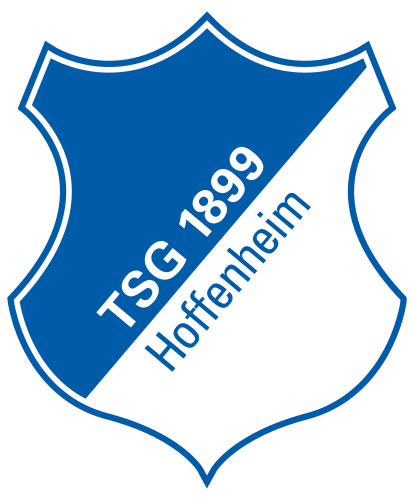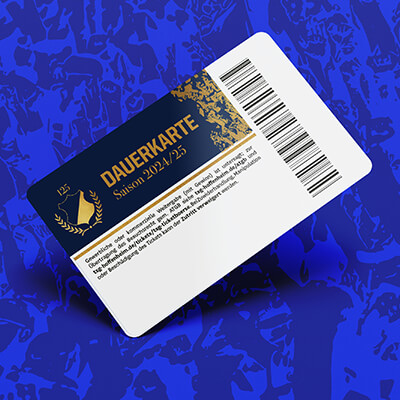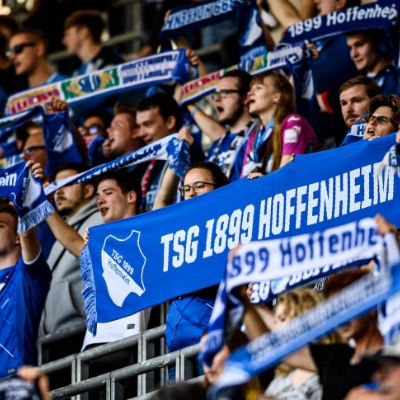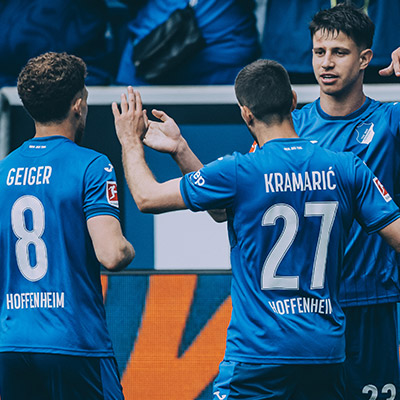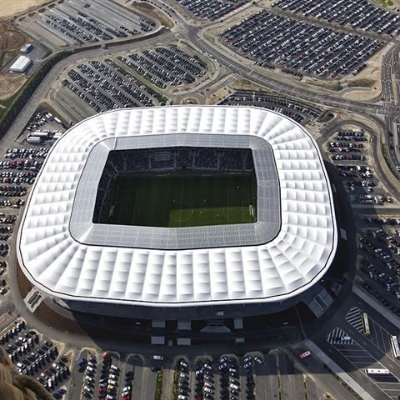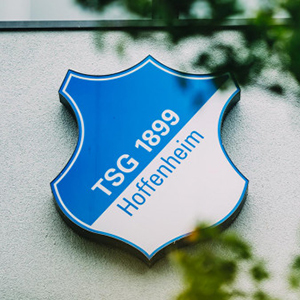''Thank you to all volunteers''
Tradition and change - today’s volunteer is characterised by both. One driving force remains constant - for voluntary workers in football, commitment is a matter of the heart. And that’s not to mention the enormous added value that comes from voluntary work: according to the UEFA GROW SROI model, amateur football - largely powered by the effort of volunteers - generates a total social value of 13.9 billion euros each year. A truly enormous figure. Football creates value. Football imparts values.
Volunteering in the past was often based on a long-term emotional bond, with no sense of self-interest and mainly based on the principle of “learning by doing.” However, in the present day - and surely the future too - the commitment is often temporary and carefully selected. What is more, the competency expectations for the almost 1.6 million volunteers working in football are constantly increasing.
Back in 1997, when the DFB launched the first-ever measures for the systematic development of volunteers and voluntary workers, Helmut Kohl was still Chancellor. People surfed the internet with dial-up modems and touch and colour display screens were unheard of on mobile phones. Borussia Dortmund were Champions League winners, Schalke 04 UEFA Cup champions and 1. FC Kaiserslautern were on their way to lifting the Bundesliga trophy on the back of clinching promotion from the second tier. Oliver Bierhoff, Ulf Kirsten and Mario Basler were fixtures in the Germany national team. Julian Brandt had just been born. A lot of time has gone by since then, and many things have changed. Angela Merkel has been chancellor for the past 15 years, we browse the internet at high speed on smartphones, Bayern Munich always win the league. Volunteering has changed too. Nowadays, volunteers rarely dedicate their services to just one club for their entire lives; instead, they work on a short-term basis, with clear goals and a focus on specific tasks.
Throughout its existence, the volunteering initiative has been adapted to fit in with societal changes, such as all-day schooling and increased mobility. Again and again, it has proved possible to react to changing conditions, all while remaining true to the core philosophy. When it comes down to it, human beings are at the centre of everything. No other DFB initiative has gone on for so long; perhaps that’s because the tasks at hand aren’t the type to be completed so easily, namely the requirements of all the people who volunteer their time and effort to work in football.
Nowadays, in order to convince people to commit themselves, specific motivations have to be addressed in a timely and digital manner. Today's volunteers often expect long-term guidance and support - in the form of training programs, for example - that will strengthen their own skills. However, once individual motives and expectations are fulfilled, the basis for long-lasting loyalty to a single club is laid. In addition, the moment when volunteers say goodbye to their colleagues should never be neglected. After all, a farewell is a sign of gratitude which creates a lasting emotional bond.
The investment is more than justified. According to the UEFA GROW SROI model, the social added value that amateur football contributes to German society amounts to 13.9 billion euros per year. The legion of volunteers in German football form an enormous collective labour force every year. If this work were to be remunerated in line with the market, it would require a deep dig into the collective wallet - the amount is estimated at 2.18 billion euros per year.
Football also has positive knock-on effects on education and employment, generating 386 million euros in social value annually. Furthermore, playing football is beneficial in terms of health. It reduces the general risk of illness and thus healthcare costs, saving 5.6 billion euros per year. The increase in subjective well-being corresponds to an annual social value of 4.86 billion euros.
Sport in general, and football in particular, also help to reduce the crime rate. There is a good reason why football projects are particularly impactful in urban areas with social problems. Added up, this preventative effect on crime generates a social benefit of 34 million euros annually. What is more, the federal minister of economics also has good reason to say thank you to football: each year, players and parents spend 4.43 billion euros on membership fees, equipment and clothing, football boots, food and bus tickets for training. A lot of money, and a lot of social value. At the end of the day, so much revolves around football.
Peter Frymuth became vice president of Fortuna Düsseldorf in 1997. Now, he is one of eight honorary members of Fortuna, served as chairman of the board for ten years and has been president of the Lower-Rhine Football Association (FVN) since 2013. As DFB vice-president for match operations and football development, he is the person responsible for the volunteering initiative. "Nowadays, supporting volunteers is more about 'employee development' and thus active support for our football clubs and associations," says the 63-year-old. "'Winning - qualifying - forming a connection- saying goodbye'' - this four-step approach to employee development is the cornerstone of the volunteering initiative.
How can young people in particular be attracted to volunteer work with suitable offers and opportunities for skills development? How can more girls, women and people with migrant backgrounds be persuaded to take up volunteer work? Attracting new volunteers is one of the biggest challenges for amateur football. One option is further education and training opportunities, such as short courses and online seminars. However, awards - in line with the DFB culture of recognition - also have an important role to play.
For more than 20 years now, one volunteer in each of Germany's 259 football districts has been awarded the annual DFB Honorary Office Award. 100 of these award winners are accepted into the "DFB Club 100" as additional recognition for their outstanding commitment. Their exceptional dedication is awarded at a prize ceremony that ties in with a Germany international match. Since 2016, young "football heroes" have also been honoured in each football district. In cooperation with its regional associations and cooperation partner KOMM MIT, the DFB rewards selected children and youth coaches aged between 18 and 30 years with a five-day educational football trip to Spain.
To date, almost 6,000 volunteers at clubs throughout Germany have received the award, and 2,200 of them have been accepted into the "DFB-Club 100". In addition, more than 60,000 honorary certificates and DFB honorary office watches have been distributed. One thing is certain: the numbers will continue to rise. Even in 2047, when we celebrate the 50th year of the volunteering initiative, clubs will still be able to count on people volunteering for them. The DFB and its regional associations will be there to take care of them. No matter who the chancellor or the Bundesliga winners may be.
The DFB, the DFL and all clubs in the top leagues would like to take this opportunity to say "THANK YOU"! Thank you to all volunteers and voluntary workers at amateur football clubs! Thank you for the many hours you devote to your clubs and our football! Thank you for the passionate dedication you show for our football! Your cooperation is the key to the game! Find out more at: www.dfb.de/ehrenamt



